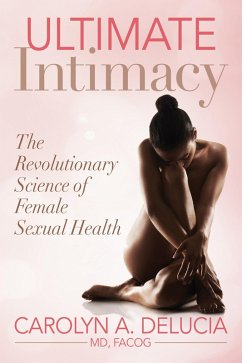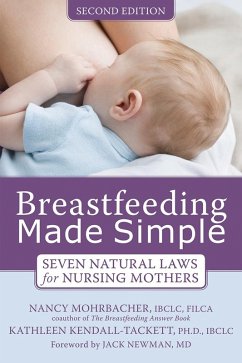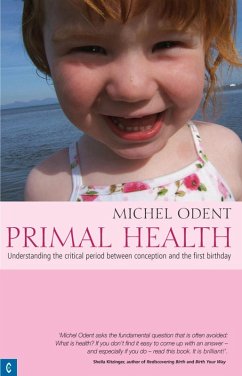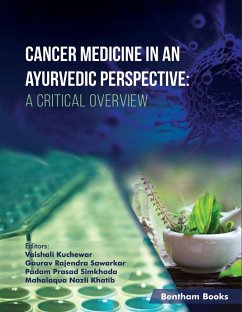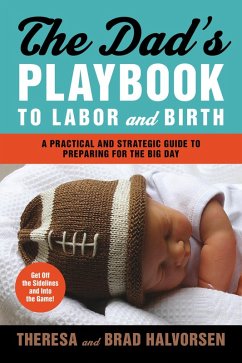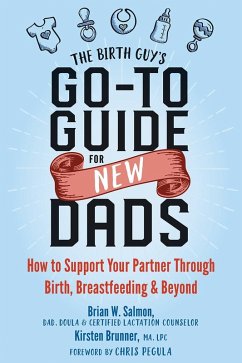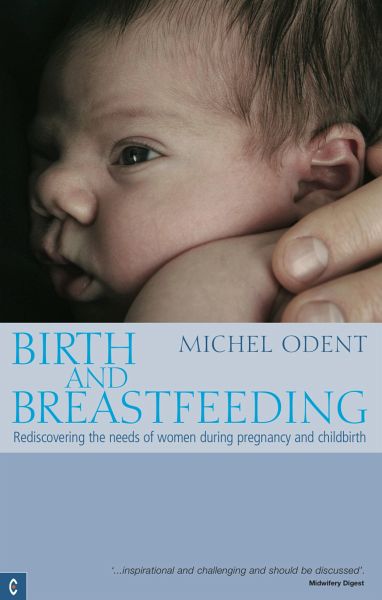
Birth and Breastfeeding (eBook, ePUB)
Rediscovering the Needs of Women During Pregnancy and Childbirth
Versandkostenfrei!
Sofort per Download lieferbar
4,99 €
inkl. MwSt.
Weitere Ausgaben:

PAYBACK Punkte
0 °P sammeln!
Humanity, argues Michel Odent, stands at a crossroads in the history of childbirth - and the direction we choose to take will have critical consequences. Until recently a woman could not have had a baby without releasing a complex cocktail of 'love hormones'. In many societies today, most women give birth without relying on the release of such a flow of hormones. Some give birth via caesarean section, while others use drugs that not only block the release of these natural substances, but do not have their beneficial behavioural effects. 'This unprecedented situation must be considered in terms...
Humanity, argues Michel Odent, stands at a crossroads in the history of childbirth - and the direction we choose to take will have critical consequences. Until recently a woman could not have had a baby without releasing a complex cocktail of 'love hormones'. In many societies today, most women give birth without relying on the release of such a flow of hormones. Some give birth via caesarean section, while others use drugs that not only block the release of these natural substances, but do not have their beneficial behavioural effects. 'This unprecedented situation must be considered in terms of civilization', says Odent, and gives us urgent new reasons to rediscover the basic needs of women in labour. At a time when pleas for the 'humanization' of childbirth are fashionable, the author suggests, rather, that we should first accept our 'mammalian' condition and give priority to the woman's need for privacy and to feel secure. The activity of the intellect, the use of language, and many cultural beliefs and rituals - which are all special to humans - are handicaps in the period surrounding birth. Says Odent: 'To give birth to her baby, the mother needs privacy. She needs to feel unobserved. The newborn baby needs the skin of the mother, the smell of the mother, her breast. These are all needs that we hold in common with the other mammals, but which humans have learned to neglect, to ignore or even deny." Expectant parents, midwives, doulas, childbirth educators, those involved in public health, and all those interested in the future of humanity, will find this a provocative and visionary book.
Dieser Download kann aus rechtlichen Gründen nur mit Rechnungsadresse in A, B, BG, CY, CZ, D, DK, EW, E, FIN, F, GR, H, IRL, I, LT, L, LR, M, NL, PL, P, R, S, SLO, SK ausgeliefert werden.




